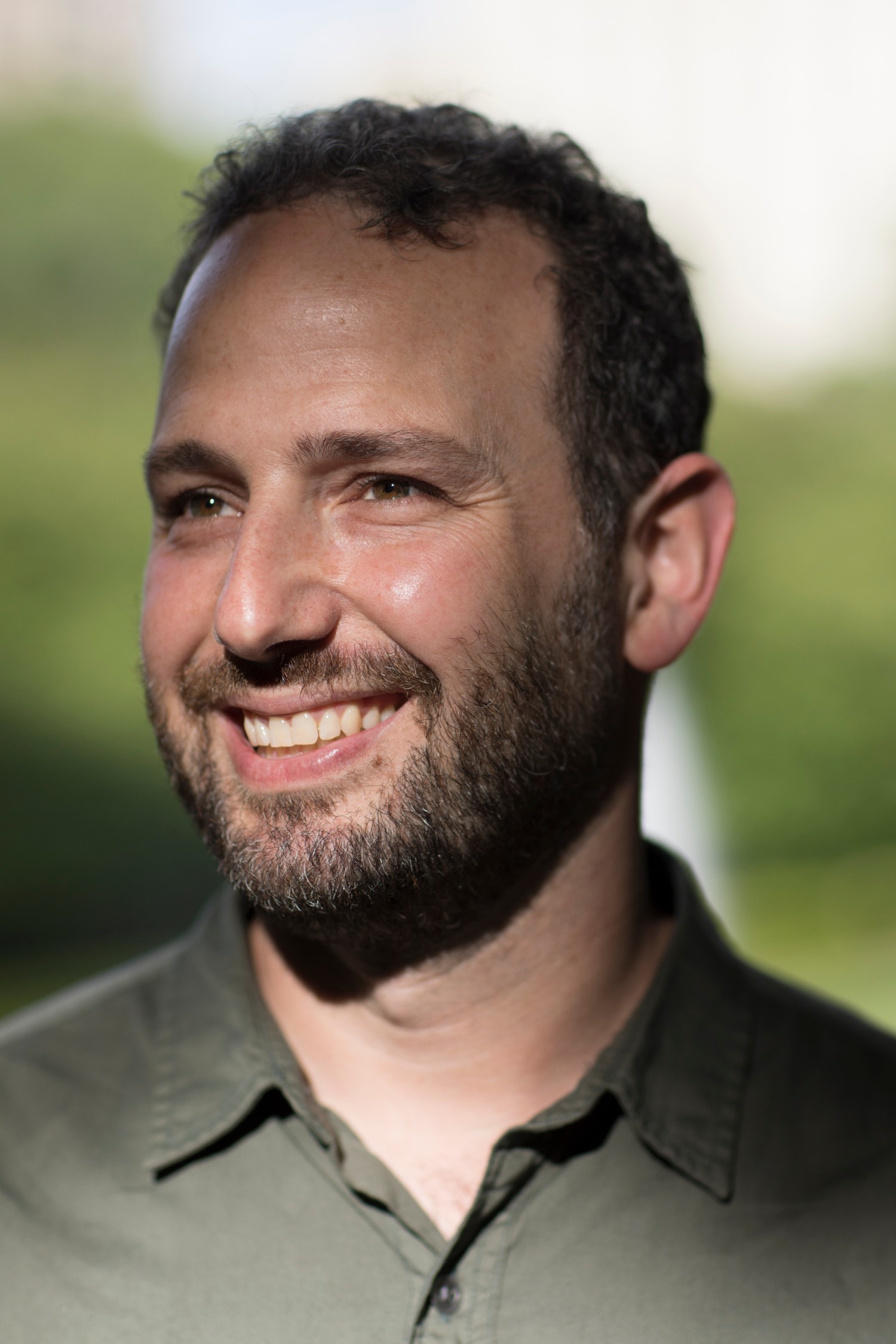On July 6, the U.S. Immigration and Customs Enforcement (ICE) issued guidelines compelling international students in higher education to take at least one class in person if they want to retain their student visas. Otherwise, these students will be forced to return to their countries regardless of where they stand in their programs of study.
With these revised guidelines, President Trump, who is trailing significantly in the polls, is sending a clear message that he is hellbent on reopening the economy at all costs in the midst of a devastating pandemic. Colleges and universities must take a stand against this cruel policy that tells international students that they must risk their lives — and those of their professors, the institutions’ staff, and everyone else living in areas where COVID is still a major health concern — if they are to avoid deportation.

HE’S BEEN THERE Fifteen years ago, Friedrich himself arrived in the United States from Argentina to attend the University of Wisconsin-Madison. (Photo: TC Archives)
Of course, even the most “America First”-minded policymakers ought to recognize that, by and large, international students subsidize American students. In a peer-reviewed study from 2017, Kevin Shih, an economist at Queens College CUNY, demonstrates that an increase in international students has led to increased enrollment of domestic students because most international students pay full tuition and do not have access to the same grants that fund a significant portion of their domestic peers. Last year, the Institute for International Education reported a record-setting year in terms of international student enrollment, with this population contributing $44.7 billion to the American economy. Furthermore, American universities top most global rankings because of the diversity of ideas and visions of the world made possible by the presence of international perspectives.
Colleges and universities must take a stand against this cruel policy that tells international students that they must risk their lives — and those of their professors, the institutions’ staff, and everyone else living in areas where COVID is still a major health concern — if they are to avoid deportation.
But to see international students only as a source of revenue and ideas ignores the fact that they are also people with dreams and projects. I know, because I was one of them. Fifteen years ago, I arrived in the United States from Argentina with an F-1 visa that allowed me to pursue a master’s degree at the University of Wisconsin-Madison. I was not merely a new taxpayer, nor an engine of ideas to be absorbed by the academic machine. I was also an elementary school teacher with aspirations of becoming a researcher.
Today, I am a tenured professor at one of the nation’s top schools of education, struggling to combat educational injustices through my thinking and my practice. Indeed, as I write this piece, I am in touch with a Latin American doctoral student who is anxious to start her fieldwork with families of gender non-conforming children in early childhood settings. She is wondering if she will be allowed to conduct her work in New York — and I am wondering whether her home country will even allow her to fly back, since the United States leads the world in COVID cases by a wide margin. Another master’s student, from China, tells me that she now wonders whether the United States is no longer the place that once welcomed her to think in ways that were not encouraged back home.
Even the most “America First”-minded policymakers ought to recognize that, by and large, international students subsidize American students.
Once upon a time, pre-COVID, one might have offered a rationale for denying visas to students enrolled in exclusively online programs and institutions, because, at that time, those students were unlikely to actually come to the United States and contribute to its economy and culture.
But this is a different time and a different world. Students enrolled in traditional programs have had no control over a pandemic that is forcing institutions to prioritize health over other concerns.
These students and the thousands of others that have started their programs face-to-face do not deserve the level of cruelty and disrespect that the new ICE guidelines would subject them to. They are an asset to American universities, and even more important, their hopes and expectations matter.
These students and the thousands of others that have started their programs face-to-face do not deserve the level of cruelty and disrespect that the new ICE guidelines would subject them to. They are an asset to American universities, and even more important, their hopes and expectations matter. COVID has already robbed them of much of what they were envisioning for their American adventure. Let us not allow the Trump administration to continue treating them as disposable fodder in the effort to push a rushed reopening.
Daniel Friedrich is Associate Professor of Curriculum in the Department of Curriculum & Teaching at Teachers College, Columbia University
